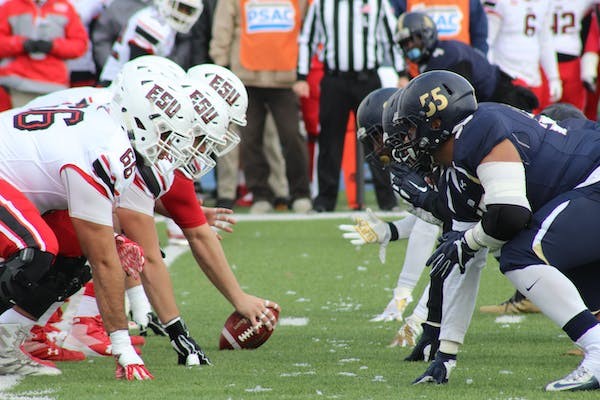How Stadium Choice Impacts the Outcomes of a Football Game
When it comes to football, there are countless dif

When it comes to football, there are countless different factors at play that can influence the outcome of a game. However, understanding the different roles played by the choice of stadium is highly important when predicting the outcomes of a football match.
And so, in line with this, today, we’re looking at some of the key things you should know about how the choice of the stadium can influence a match’s outcomes – and what this means for fans, too.
1. Legendary Stadiums Build Hype
Famous locations like the Clemson Memorial Stadium undoubtedly generate extra hype for a match. When fans know they’re going somewhere special, they get extra-pumped! One factor that many overlook is how the stadium choice influences these games.
There are thousands of stadiums across the country, with universities and high schools sponsoring football teams since the 20th century. However, these aren’t necessarily all created equally - and this can play directly into the final scores.
If a team develops a reputation as unbeatable at home, the stadium becomes known as a fortress. This adds to fan excitement and plays into another important psychic factor – the home advantage.
2. The Home Advantage
The most notable way that stadiums can impact the outcome of a game is, of course, the home advantage. Teams playing from their home stadium are generally much more versed with the layout of the pitch, and this can make it a little easier to play naturally. In turn, this can give the home team a boost in terms of performance (although this isn’t necessarily a sure win).
In addition, it’s worth noting that home teams may also have a larger pool of supporters in the audience, boosting the players’ morale accordingly. Since many of the team’s fans will often be local, there’s a far higher chance they’ll turn out to support their team if they’re playing at a nearby (or home) stadium.
And finally, it’s also important to note that home teams may be marginally better prepared for the event, too. A team that’s had to travel further will likely have lost a couple of days worth of practice and prep time.
3. Playing Conditions
The aforementioned factors can give a home team a significant boost over their rivals. However, the design of the stadium and how well it’s maintained may also play a role in final scores and player performance.
For example, a stadium with grass that’s not as well managed could leave players slightly less steady on their feet during the game, in turn compromising their play style marginally.
Similarly, a wet floor in the stadium can also be a major risk factor, increasing the chance of players tripping or slipping. While this may not necessarily be enough to stop a game from going ahead, it can still influence how the players perform in the game.
But, if such a scenario should result in someone getting injured, it’s not impossible for the team to lose their “star” player – which could be enough to jeopardize the end result.
Final Thoughts
Often, it’s easy to assume that a football game is determined by the talent of the players alone. However, this often isn’t the case. In reality, the stadium itself can significantly influence a game’s outcome, which can also play a direct role in guests’ enjoyment of the activities.
As such, recognizing this is highly important when choosing which game to support for your favorite team – although, in the end, nothing’s set in stone until the game comes to an end anyway, and there’s always time for things to change.
So, even in the final minutes, when everything’s feeling hopeless for a particular team, there’s scope for change – which is part of what makes football such a fast-paced game.







